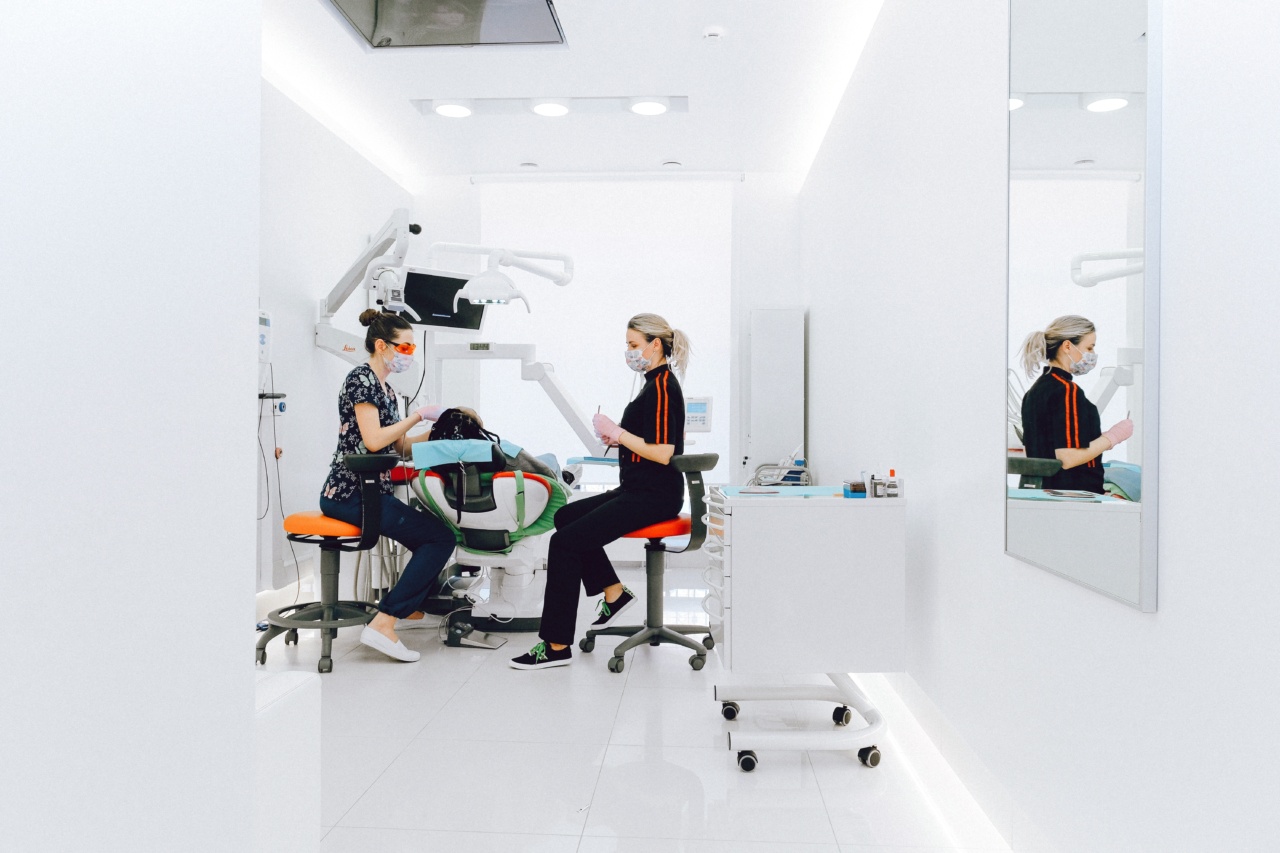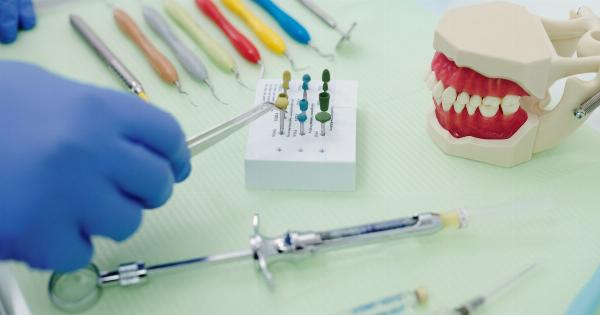Oral health is often overlooked despite being a crucial part of our overall well-being. One of the most serious concerns related to oral health is the risk of oral cancer.
The National Cancer Institute estimates that in 2021, there will be over 54,000 new cases of oral cancer in the United States alone. As such, it is essential to take proactive steps to protect your mouth and prevent cancer from developing.
What Is Oral Cancer?
Oral cancer is a type of cancer that can develop in any part of the mouth or throat, including the lips, tongue, cheeks, floor of the mouth, hard and soft palate, sinuses, and pharynx.
The most common type of oral cancer is squamous cell carcinoma, which develops in the squamous cells that line the mouth and throat.
What Causes Oral Cancer?
There are several factors that can increase the risk of oral cancer, including:.
- Tobacco Use: Smoking cigarettes, cigars or pipes, using chewing tobacco, and smoking e-cigarettes can all increase the risk of oral cancer.
- Alcohol Consumption: Drinking alcohol regularly, especially heavy consumption, can increase the risk of oral cancer.
- HPV Infection: Human papillomavirus (HPV) infection is a risk factor for oral cancer, particularly in younger people.
- Poor Oral Hygiene: Poor oral hygiene and a lack of dental care can make it more likely for cancer to develop in the mouth.
- Exposure to UV Radiation: Prolonged exposure to sunlight and tanning beds can increase the risk of lip cancer.
What Are The Symptoms of Oral Cancer?
Early detection of oral cancer is critical for treatment success. The following are some of the signs and symptoms of oral cancer:.
- A sore or lesion in the mouth that does not heal within two weeks
- A lump or thickening in the mouth or throat
- A white or red patch on the tongue, gums, tonsil or any other part of the mouth
- Persistent pain or discomfort in the mouth or throat
- Difficulty chewing, swallowing or speaking
- A persistent sore throat
- A change in the way your teeth fit together when you close your mouth
- Unexplained weight loss
How Can Orthodontic Cancer Be Prevented?
You can reduce your risk of developing oral cancer by taking the following steps:.
- Quit Smoking: One of the most important things you can do to prevent oral cancer is to quit smoking or using other tobacco products.
- Limit Alcohol Consumption: If you do drink alcohol, limit your intake to moderate levels.
- Practice Good Oral Hygiene: Brush your teeth at least twice a day, floss regularly, and see your dentist for regular check-ups.
- Protect Your Lips from the Sun: Wear a lip balm with SPF when you’re outside.
- Get Vaccinated: If you’re under 26, consider getting the HPV vaccine to protect against oral cancer.
- Be Mindful of Your Diet: Eating plenty of fruits and vegetables may help reduce the risk of oral cancer.
What Should You Do If You Suspect You Have Oral Cancer?
If you notice any signs or symptoms of oral cancer, you should see a dentist or doctor as soon as possible. They will perform an oral exam and may recommend a biopsy to test for cancerous cells.
The earlier oral cancer is detected, the better your chances of successful treatment.
Don’t overlook your oral health. Take steps to protect your mouth and prevent oral cancer from developing.





























